Informative article on the psychosocial impact of covid-19 and some legal mechanisms in India
One of the top law colleges of LL.B degree course, MIES R M Law College, Kolkata puts an informative article on the psychosocial impact of covid-19 and some legal mechanisms in India written by on the top faculty Ms. Anupa Dey of this Topmost law college, which will enhance and aware more to mankind. MIES R M Law College (Best School of Law) is one of the Top private law colleges of West Bengal, situated at Sonarpur, South Kolkata.
———————————————————————————————————————
ABSTRACT
———————————————————————————————————————
1.1 Psychosocial impact of covid-19 Introductory
The covid-19 virus gets its name from the word corona which means ‘Crown’ in Latin. Coronavirus has a series of crown-like spikes on its surface. The virus has been named novel as it has not been identified previously. The outbreak of the coronavirus started from Wuhan, the capital of China’s Hubei Province in December 2019 and has now spread across the globe. Although, the World Health Organization declared the outbreak a Public Health Emergency of International Concern on 30 January 2020, and a Pandemic on 11 March 2020. When Covid-19 was limited to Wuhan, China, it was an epidemic. The geographical spread turned it into a pandemic. Common signs of Covid-19 disease include respiratory symptoms, fever, cough, shortness of breath, etc. In severe cases, it can cause pneumonia, SARS, Kidney failure, and even death.
The Scenario psychosocial impact of covid-19
The pandemic, along with the obvious health-related impact, also poses a serious threat to the psychological wellbeing of individuals and has resulted in significant behavioral changes. The enormity of living in isolation, changes in our daily lives, job loss, financial hardship. And moreover, grief over the death of loved ones has the potential to affect the mental health and wellbeing of many. Covid-19 carries significant psychosocial and mental health hazards. As the mortality and morbidity statistics are reaching new peaks every day, isolation and lockdown states are getting prolonged, recreational opportunities for people are lessened and the financial crisis is building in, mental health issues are likely to grow exponentially. Therefore, there is a need to understand the psychosocial and behavioral perspectives of Covid-19 and delineate possible measures to cope with the pandemic for its effective management.
Social Capital Vs Virus
Growing Evidence suggests that outbreaks such as the Covid-19 pandemic are better handled in places where Social Capital is high. However, there are very few clear channels through which social capital makes communities better and able to respond to the outbreak. Social capital exists in different forms including trust, norms, and social networks. Social Capital is a “conceptual umbrella covering several more well-defined forms, such as networks, group memberships, civic and political participation as well as subjective aspects such as confidence in institutions and trust in people”. The Indian Constitution provides a distinct legal space to social capital through its Article 19(1) (c) on the right to form associations or unions and Article 43 which talks about States making endeavors to promote co-operatives in rural areas.
However, it is seen that some people don’t value their lives, their family’s lives, keep aside the nation and roam around freely. There is an urgent need to educate the Indians of the seriousness of the situation, and the best way is to make them aware of the laws related to COVID-19 and let them know the consequences they can face for breaking the rules of the lockdown.
Here are a few laws related to Covid-19 that should be known to all citizens of India.
Under the Chapter of Indian Penal Code which deals with the Offences affecting the Public health, safety, convenience, decency and morals Sections [269-271] and Section 188 of the Indian Penal Code deals with Disobedience to order duly promulgated by Public Servant.
Section 144 of the Criminal Procedure Code imposes power on the Executive Magistrate to restrict a particular or a group of persons residing in a particular area while visiting a certain place or area. The most important preventive measure against Covid-19 is safeguarded by this section that restricts to a gathering of people and thus in a way supports social distancing.
The Epidemic Disease Act, 1897, and The Disaster Management Act, 2005 provide the provisions and take measures, regulations for stopping the spread of infectious diseases. Apart from these provisions, the Central Government has made some regulations which are necessary for the prevention of spreading of these diseases.
While there is a list of laws related to Covid-19 we as responsible citizens need to realize that these laws are made for our betterment only and if we realize the seriousness of the ongoing crisis there would be no need to implement strict laws against the defaulters.
1.2 Objective and Purpose of the Study
The present literature-based Research-Paper is being worked out:
- To understand the psychosocial and behavioral perspective of Covid-19
- To analyze the psychosocial impact of Covid-19 on different strata of society
- Also, to promote Social Capital for the people’s physical activity and health status during the pandemic
- To aware the people of the Legal provisions which is related to Covid-19 and follow the provisions in a strict way
1.3 Significance of the Study
This study is an attempt to map the issue of the psychosocial impact of Covid-19 on the population, mostly children, old persons, college students, and health professionals. The study has the focus on Social Capital which exists in different forms including trust, norms, and social networks. Moreover, the aim of this research is to give a thumbnail sketch of Legal Provisions relating to Covid-19 disease which will prevent the spreading of this very disease.
This present work is unique amidst existing literature, which provides a panoramic survey of the psychosocial and behavioral aspects of Covid-19. Therefore, the Constitutional provisions and Indian laws are available against the spreading of this very disease. It is based on the latest research.
1.4 Methodology of Research
This research work is mainly explanatory and diagnostic. This study is based on library study and analysis of secondary data gathered from various sources such as journals, magazines, newspapers, law reporters, and e-sources.
1.5 Research Questions
Following questions arose in the mind of the researcher during the work on this Research-Paper:
- How Covid-19 was termed as Pandemic?
- What are the effects of Covid-19 upon the society?
- Whether the legal measures are effective from spreading of this disease?
- How far the Social Capital is effective to combat the disease of Covid-19?
- What are the possible measures to cope with this disease?
- What reforms can be suggested to curb the problem of Covid-19?
1.6 Conclusion and Suggestion
The current pandemic stands alone in recent history in terms of its geographic scope and impact on daily life. Now, Covid-19 must be the subject of rigorous, ongoing research. Just as previous epidemic and pandemic scenarios have provided critical information in use today, lessons learned from Covid-19 must be incorporated into the disaster response cycle. In conclusion, epidemic-specific Social Capital makes a good deal of contributions to people’s physical activity and health status during the pandemic.
As Covid-19 is spreading in our community my suggestion was to stay safe by taking some simple precautions. And moreover, wearing masks which can reduce the chances of Covid-19 entering our respiratory system through droplets that are present in the air. Every person wears a mask but the masks are lying on the chin. To combat the disease of Covid-19 “Mask up India”.
This article is written by Ms. Anupa Dey, a full-time member of MIES R. M. Law College, Sonarpur, Kol- 150, which is one of the Best Law colleges in West Bengal.
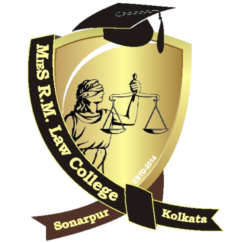

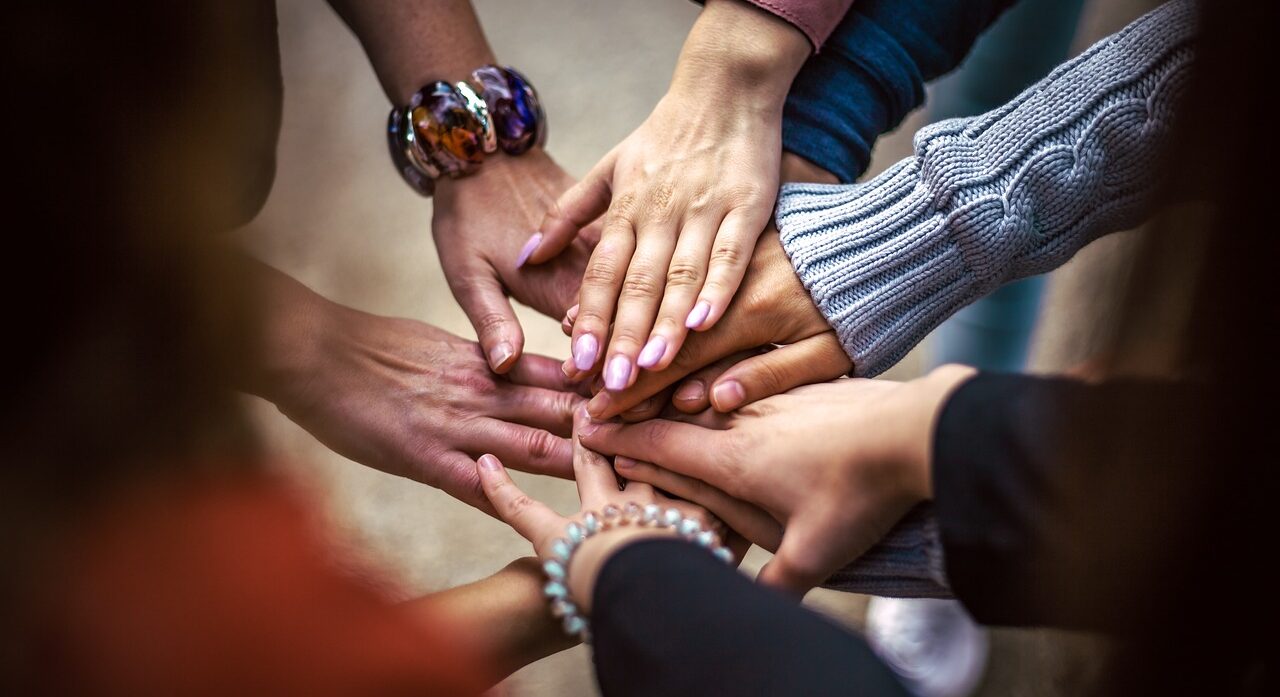
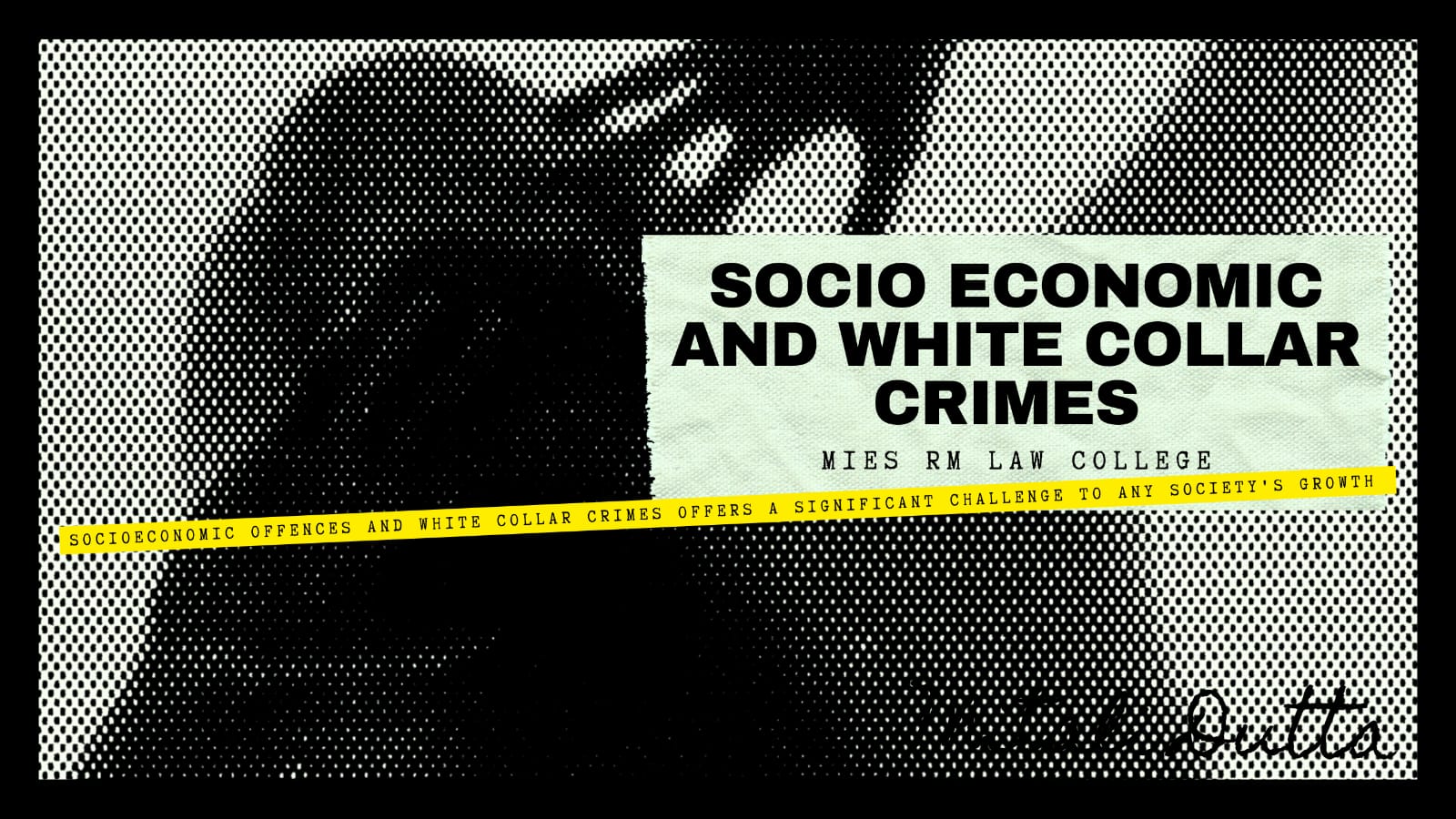
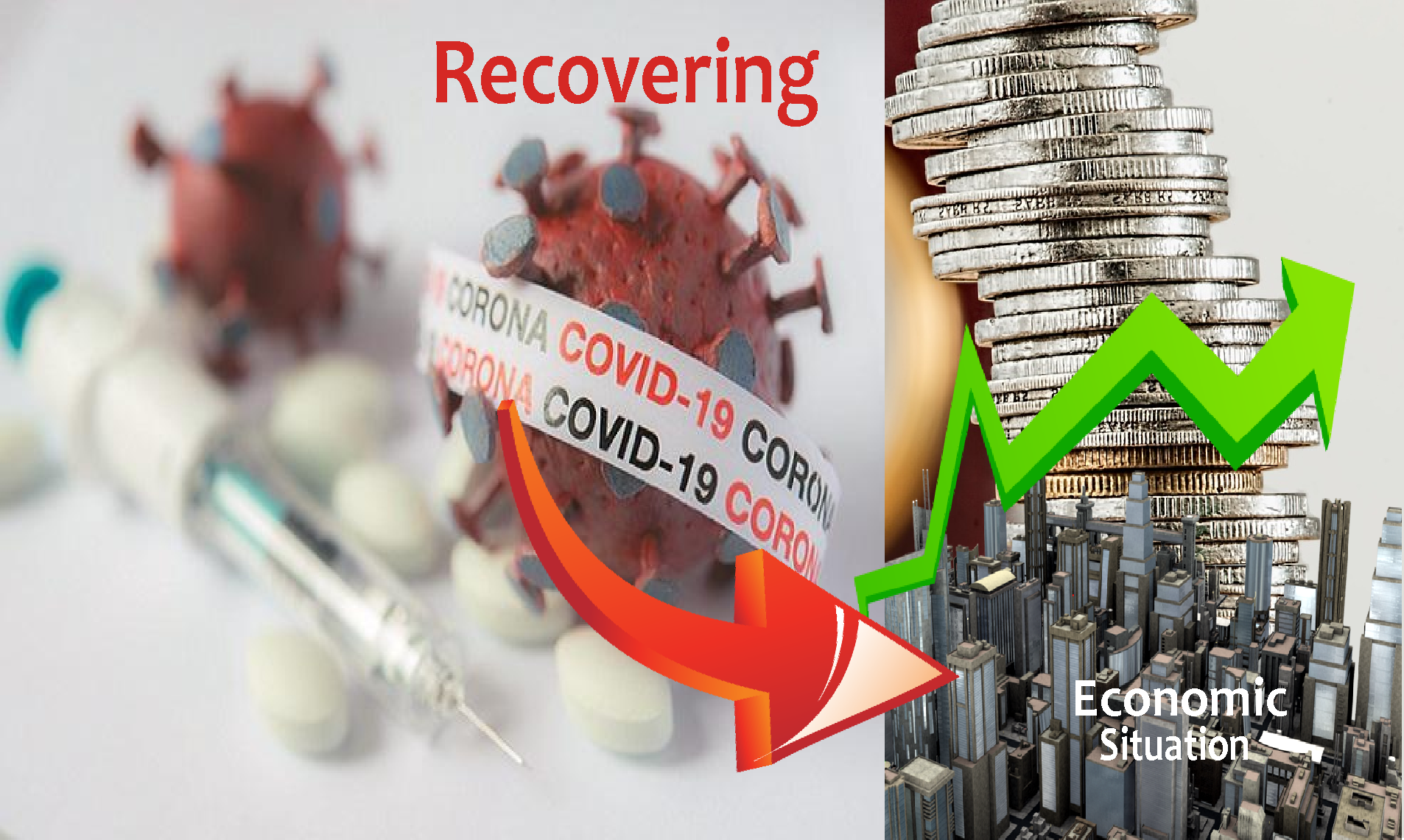
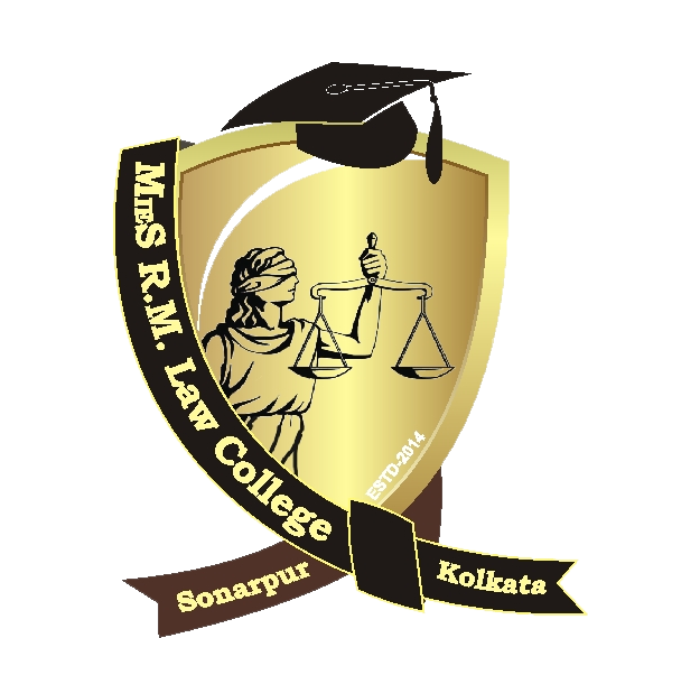
you have an important weblog here! would you wish to make some invite posts on my weblog?
You made some clear points there. I looked on the internet for the subject and found most individuals will approve with your website.
Good info. Lucky me I reach on your website by accident, I bookmarked it.
I will immediately grasp your rss as I can’t to find your e-mail subscription link or newsletter service. Do you’ve any? Please let me understand in order that I may just subscribe. Thanks.
Major thanks for the article post. Much thanks again.
My website: трахают студенток
Very good post.Really looking forward to read more. Great.
My website: порно руское
Very good post.Really looking forward to read more. Great.
My website: порно бдсм сквирт
Ponto IPTV a melhor programacao de canais IPTV do Brasil, filmes, series, futebol
My website: зрелые волосатые